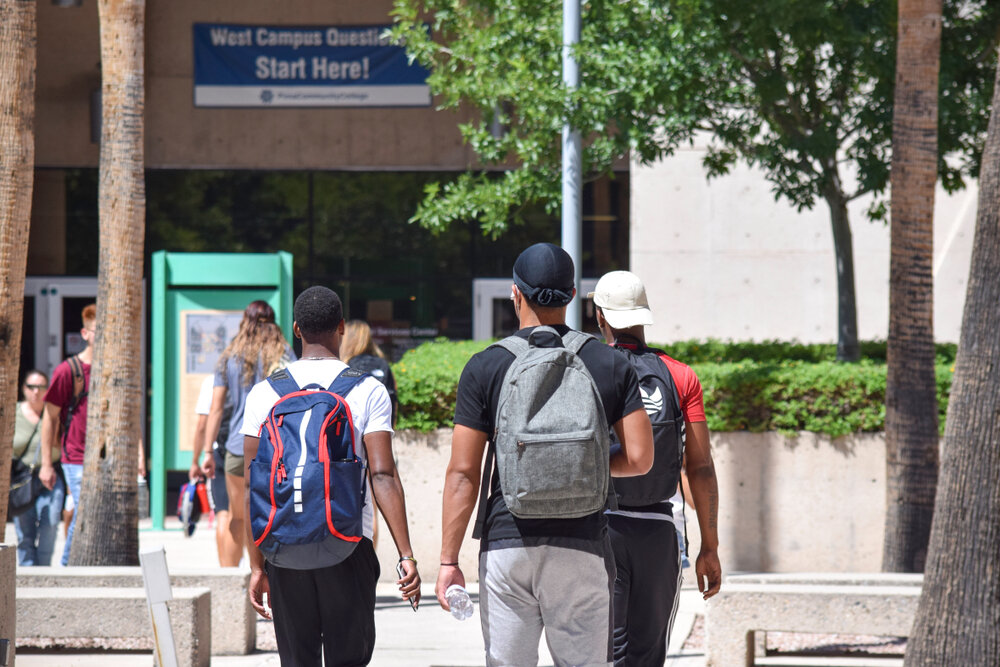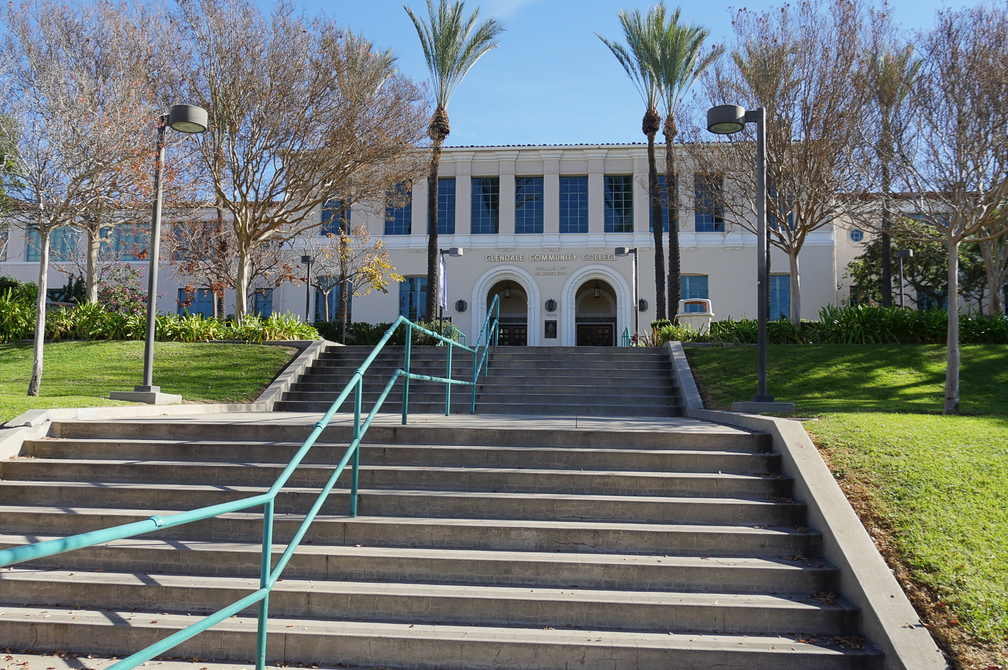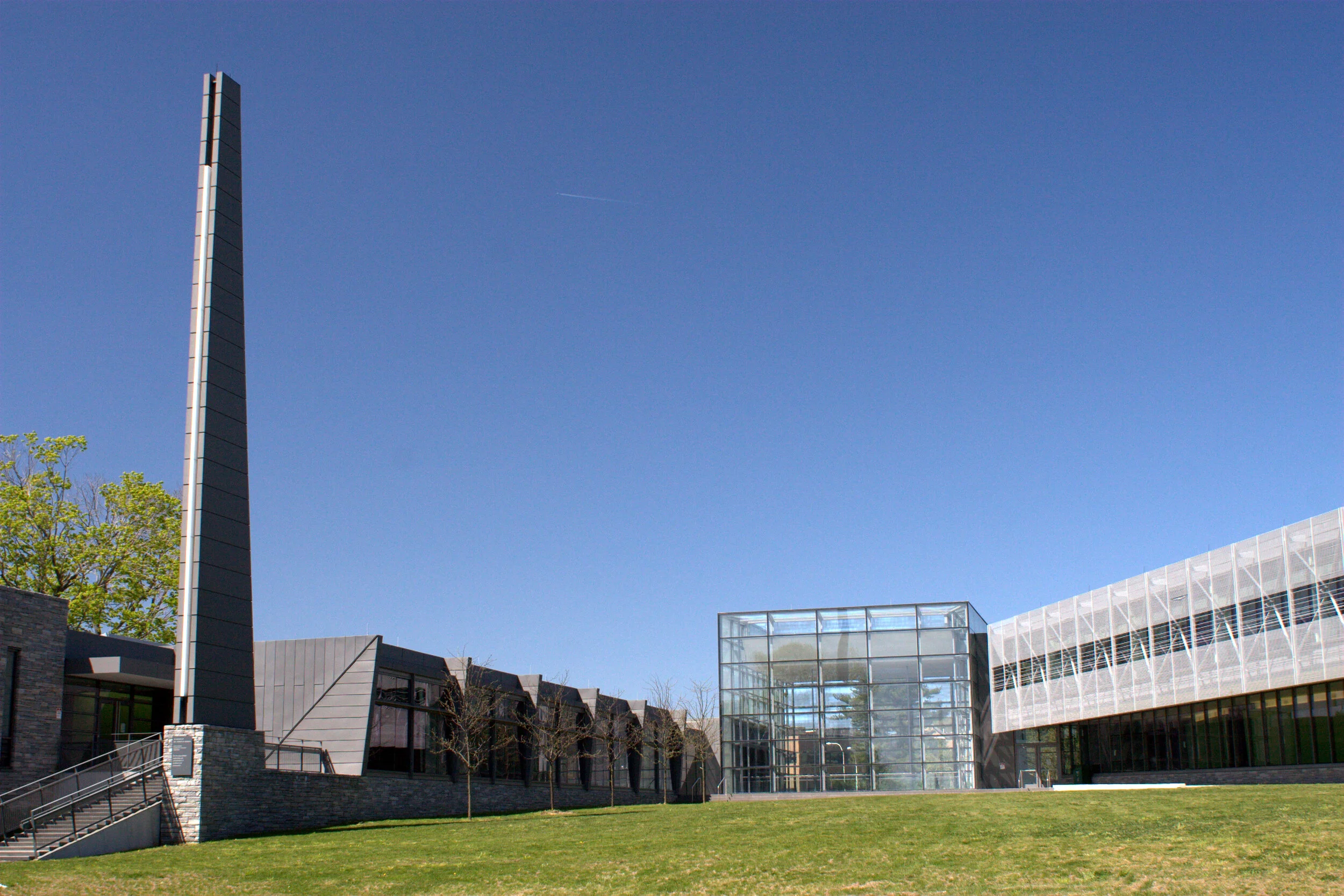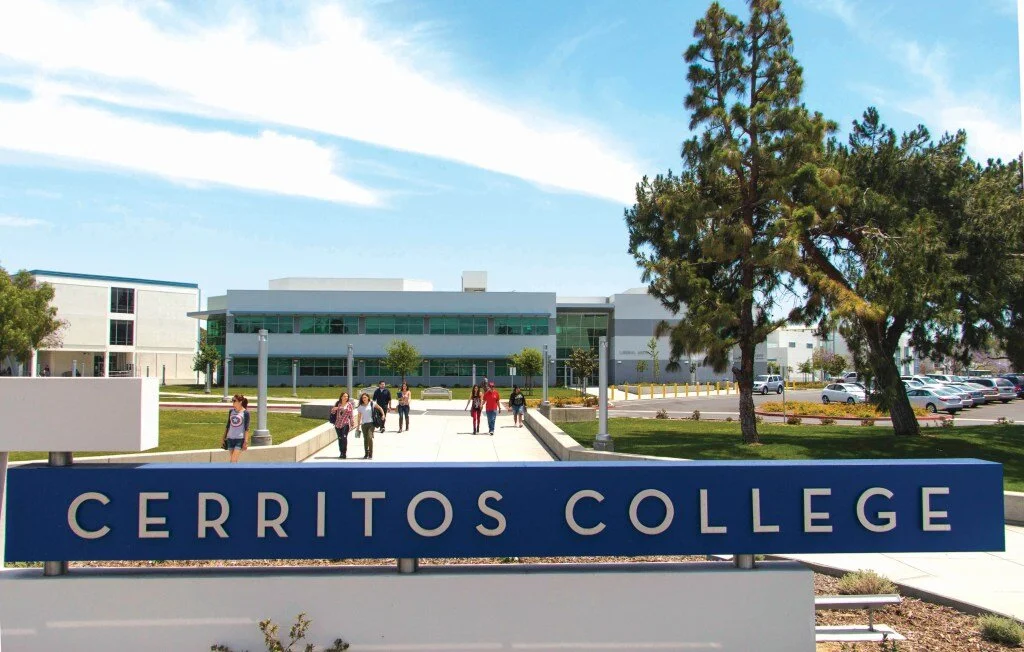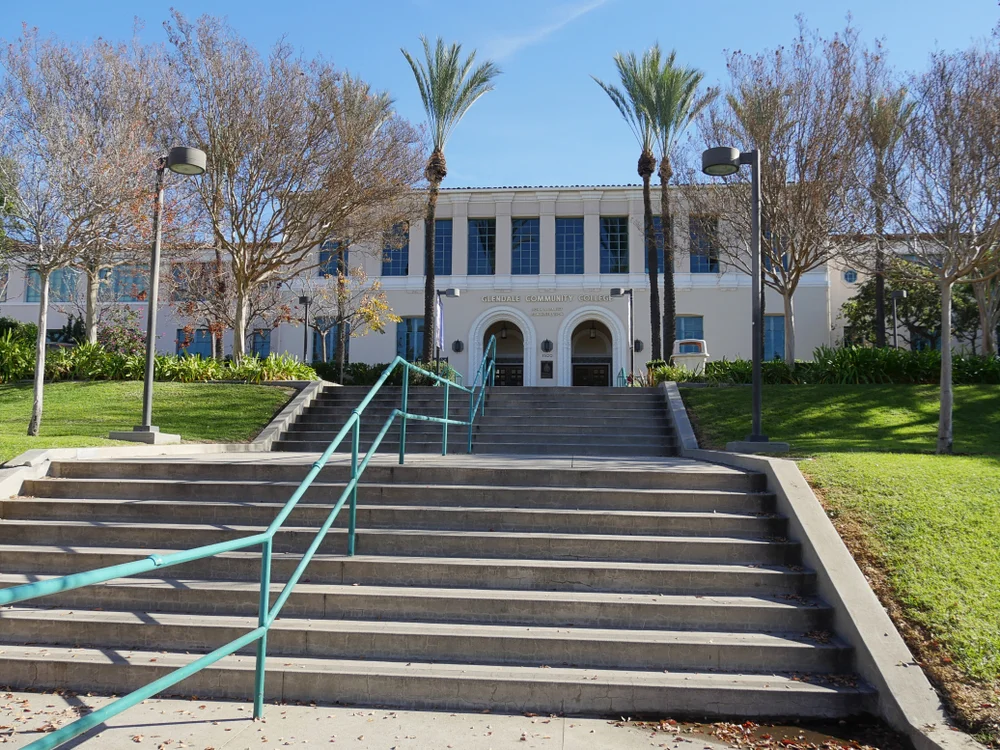Natural Allies: Why Equity-Minded Funders Are Giving More to Community Colleges
/Despite the gusher of donor dollars flooding into higher education in recent years, support for community colleges has been tepid—never mind that these institutions serve 49.2 percent of the country’s college students, and according to some studies, do a better job at boosting social and economic mobility than their elite peers.
Lately, though, there are signs that this dynamic may be changing, with community colleges drawing more attention from donors and institutional funders that have put equity front and center in their work. Consider the following three gifts made across a one-month stretch.
Last December, the estate of Eva Gordon left $10 million to 17 community and technical colleges in Washington state. In mid-January, the Kresge Foundation awarded $3.7 million in new grants to connect low-income community college students with opportunities to advance social and economic mobility. And on practically the same day, the Andrew W. Mellon Foundation announced a $1.8 million grant to support community college students conducting humanities research at Johns Hopkins University.
Change doesn’t happen overnight in modern philanthropy, especially across a higher ed space where, according to the Council for Aid to Education, approximately 1.5 percent of charitable gift dollars raised by educational institutions go to two-year institutions. Nonetheless, community college proponents have reason to be cautiously optimistic given the collective breadth of these gifts.
Gordon’s large gift is another example of a non-alumni digging deep to support community colleges. The gift also generates maximum impact by allocating funding to over a dozen schools rather than a single institution. Meanwhile, the Kresge and Mellon initiatives, coupled with a big commitment from the Irvine Foundation last year, suggests that funders increasingly view community colleges as natural allies in their efforts to accelerate economic mobility, support low-income urban students, and promote social justice.
Another Big Gift from a Non-Alumni
Evan Gordon, who passed away in June 2018 at 105, was a former legal secretary and trading assistant for a Seattle investment firm. She was also an early investor in Nordstrom, Microsoft and Starbucks. When her husband Ed died in 2008, he left more than $3 million to South Seattle College, a public community college.
Thanks to her bequest, 17 community and technical college foundations will receive roughly $550,000 to help students pay for housing, transportation and other needs. Gordon “saw the value in community colleges and how a student could come into a community college and actually transform their lives,” said Mary Brueggeman, vice president of advancement of the Shoreline Community College Foundation. Gordon’s unfulfilled desire to attend college, coupled with her volunteer work, may also have contributed to her bequest, said John Jacobs, her godson and a representative for her estate.
Gordon is also the latest non-alumnus to make an atypically large community college gift. Other examples include Miriam Schwab, whose estate gave $12 million to the Ventura College Foundation; Maureen Wilkens, who gave a $5 million donation to Cape Cod Community College; and Herb Alpert, who told me that his $10.1 million gift to the Los Angeles City College was the most well-received commitment in his 30-plus years of giving.
The takeaway for fundraisers is clear. Community colleges’ success in boosting economic mobility, their affordability, and the fact that “a little” funding can go a very long way at such institutions resonates with alumni and non-alumni. These gifts also confirm what Carol Krumbach, the executive director of the Cerritos College Foundation, told me on the heels of a $2.3 million bequest from the estate of alumnus John B. Smith: More community colleges are building out the fundraising and alumni relations infrastructure needed to secure impactful gifts.
Strengthening the Urban Higher Education Ecosystem
Kresge’s $3.7 million in funding is part of the foundation’s Boosting Opportunities for Social and Economic Mobility for Families (BOOST), a three-year joint initiative focused on boosting social and economic mobility and strengthening “urban higher education ecosystems.”
While donors remain enamored with the residential college experience, Kresge is quick to note that many low-income students from urban areas seek postsecondary credentials close to home. Many attend multiple institutions or drop out for a few years before completing a degree. Student success is contingent on the strength of an “urban higher education ecosystem” that includes public transportation and social service agencies, childcare providers, food pantries, academic counselors and the local business community.
In a piece looking at ways to improve community college completion rates, the Brookings Institution's Elizabeth Mann Levesque wrote that of the students who enroll in community college, only 26 percent earn an associate’s or bachelor’s after six years. This statistic may explain why some donors bypass community colleges for four-year public colleges and institutions, where the four-year graduation rate is 33.3 percent and the six-year rate is 57.6 percent.
Community college proponents claim that low completion rates are partially attributable to insufficient private support. Philanthropy, Kresge argues, plays a critical role across the urban higher education ecosystem by “setting community agendas for college attainment” and “creatively repurposing scholarship programs to exchange reach and impact.”
Kresge’s BOOST partnerships strengthen links across the urban higher education ecosystem by connecting low-income students with human services nonprofits. For instance, Connecticut’s Catholic Charities Archdiocese of Hartford will partner with Capital Community College to provide families with academic support like college application and financial aid assistance, workforce services like job placement and financial coaching, and social capital activities that promote healthy child-parent relationships.
“We believe that if more students receive the critical supports that human services nonprofits provide, more students will stay in college and graduate,” said Kresge Education Program Managing Director Bill Moses.
Forging Pathways for Humanities Students
Mellon’s grant to Johns Hopkins University will fund the school’s Humanities Collaboratory, which launched in 2017 and offers high-performing students at the Community College of Baltimore County and historically black colleges and universities a chance to spend a summer researching a humanities project of their choice. The funding will more than double the collaboratory’s class size, enabling the program to serve students at any Maryland community college.
The grant is part of the Mellon Foundation’s Community College-Research University Partnerships initiative, which focuses on partnerships between universities and community colleges that have strong humanities leadership and that share a commitment to successful humanities transfer.
Johns Hopkins University is, of course, the very same institution that received a $1.8 billion financial aid gift from Michael Bloomberg in 2018 that left many commentators nonplussed. One critic, Allison Dulin Salisbury, wrote in Forbes, “Billionaires like Bloomberg should look to the non-elite sector—places like City College and Cal State L.A., and hundreds of others like them that promote economic mobility.”
Mellon’s grant to Hopkins is obviously a far cry from Bloomberg’s billions, but it speaks to the idea that “elite schools” and community colleges needn’t be natural adversaries. To that end, the collaboratory’s integrative environment mitigates the “imposter syndrome” experienced by low-income and first-generation students who feel out of place at elite universities. “We saw huge jumps in their confidence level and their feeling of belonging at a four-year university,” said Program Director Natalie Strobach.
The grant also suggests that support for community colleges—those underfunded, diverse and affordable engines of economic mobility—can be a social justice issue for funders like Mellon, whose president Elizabeth Alexander has said that when done right, humanities philanthropy can spur “profound systems change.”

